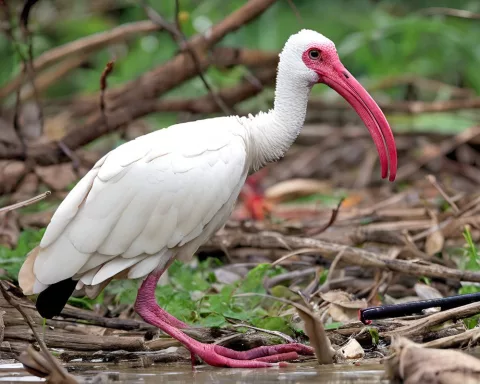South Africa’s democracy celebrated a momentous occasion when President Cyril Ramaphosa signed the Constitution Eighteenth Amendment Bill into law. The event recognized South African Sign Language as the nation’s 12th official language, marking a significant milestone in the advancement of the rights and social inclusion of the deaf community.
The Journey to Official Recognition
On May 2, 2023, Parliament voted for the bill that amends Section 6 (1) of the Constitution of the Republic of South Africa. This amendment promotes the status and use of indigenous languages, ensuring parity of esteem and equitable treatment for all official languages. Moreover, the Bill of Rights prohibits discrimination on grounds such as disability, culture, race, and gender, reinforcing the significance of this historic decision.
Promoting Equality and Social Inclusion
President Ramaphosa emphasized the affirmation of humanity that comes with empowering people to use their language. South African Sign Language has long served as a vital communication tool for citizens living with disabilities, and its official recognition expands their access to education, economic, and social opportunities. The government aims to advance the deaf community’s rights to substantive equality, dignity, and social inclusion by acknowledging the importance of sign language.
Far-Reaching Implications
The official recognition of South African Sign Language follows an extensive public consultation process, addressing all concerns through numerous submissions. The decision has far-reaching implications, enabling people with hearing impairments to access vital services, public information, and a myriad of other opportunities.
Standardization and Education
Standardization is a critical step towards unifying various geographic dialects into one standard official version, facilitated by the Pan South African Language Board (PanSALB). The first comprehensive electronic sign language dictionary development signals the enthusiasm to promote and develop this language.
Government initiatives to integrate sign language into the education system are underway. The Department of Basic Education provides teaching and learning for deaf learners, ensuring educators in schools undergo sign language training. Specialized schools for the deaf must expand across the country, accompanied by the provision of qualified personnel.
Accessibility to Services
Accessibility to sign language interpreters is critical to ensure that people with hearing impairments can access services at courts, police stations, hospitals, and other service points. The lack of interpreters in the past has compromised access to justice for victims of violence and other crimes.
A Collective Effort
The official recognition of South African Sign Language is a testament to the collective efforts of multiple stakeholders, including DEAFSA, SANDA, government departments, and Parliament Portfolio Committees. This achievement is a significant step towards realizing the Constitutional ideal of multilingualism and echoes Nelson Mandela’s vision of a democratic and free society with equal opportunities for all.
Moving Forward
As South Africa moves forward, the signing of this bill brings the nation closer to the ideal of a society where all persons live together in harmony, empowered by the languages they speak and the culture they share.








